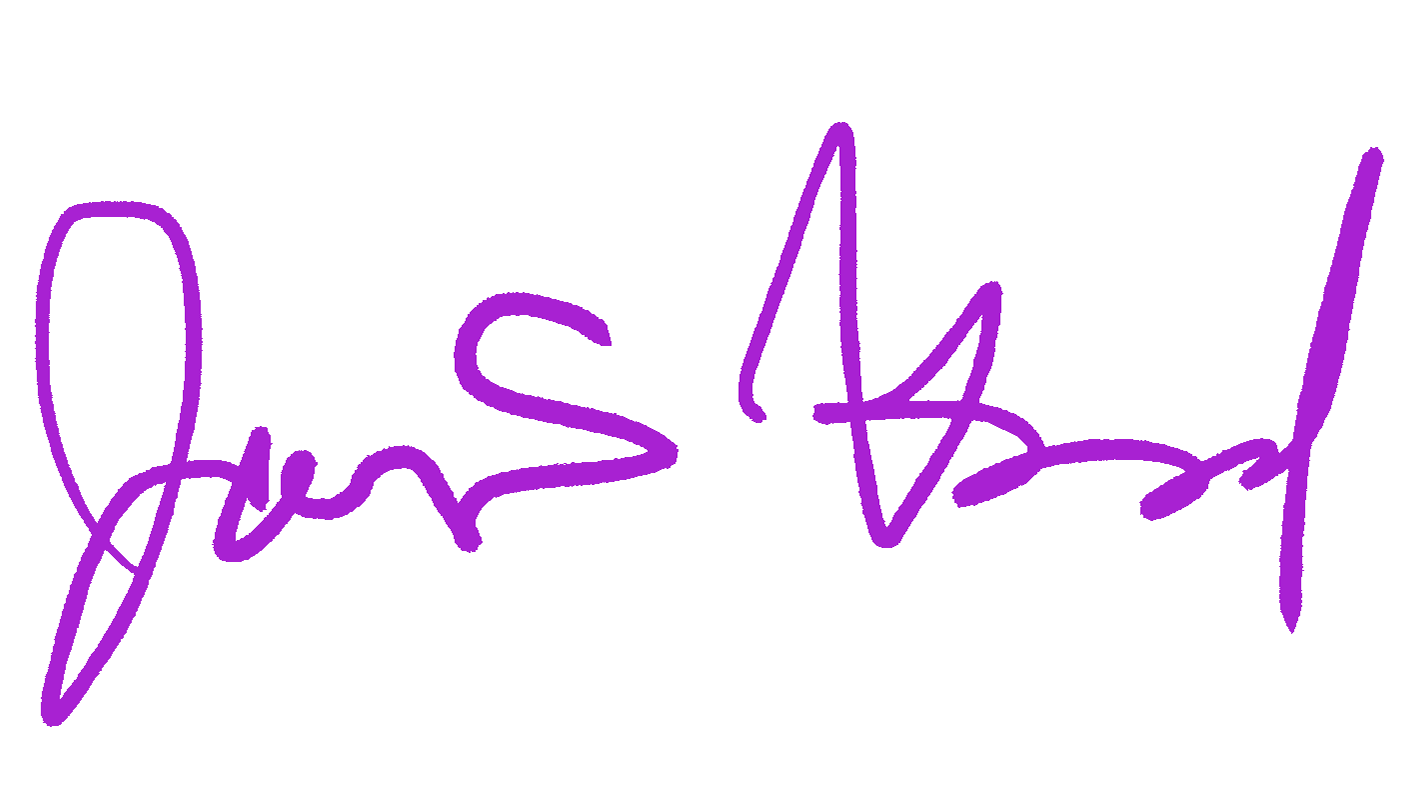Book chapter in Psychgeist of Pop Culture: Umbrella Academy (Play Story Press).
Abstract
In dysfunctional families, siblings often employ contrasting coping mechanisms that align with defined roles in the family system. From outside the family and within it, these coping mechanisms are often judged as "good" or "bad" depending on their impact on both the person using them and the people around them. Though the upcoming apocalypse is the primary plot point of the first season of The Umbrella Academy (2019), many of its conflicts are driven by the Hargreeves siblings’ trauma, maladaptive coping mechanisms, and resentments of each other. The development of these relationships throughout the season provides a compelling framework for considering the impact of childhood trauma on adult sibling relationships.
This chapter briefly reviews several typologies for classifying responses to childhood trauma and dysfunctional family system roles before synthesizing these typologies into three general roles: enforcers (Luther and Allison), rebels (Diego and Five), and absentees (Klaus and Viktor). After establishing these roles, the chapter explores how the siblings assign moral value to each of the roles and how this moralization enables them to justify their maladaptive coping mechanisms via advantageous comparison. Detailed analysis of the relationships between Luther and Diego, Diego and Klaus, and Luther and Klaus in the first season demonstrate how the siblings initially believe their role (and coping mechanisms) to be superior. Finally, identifying four key moments in which the siblings’ perspectives on these roles shift provides insight into the types of conversations and interventions that may help siblings take the first step in healing their adult relationships.
